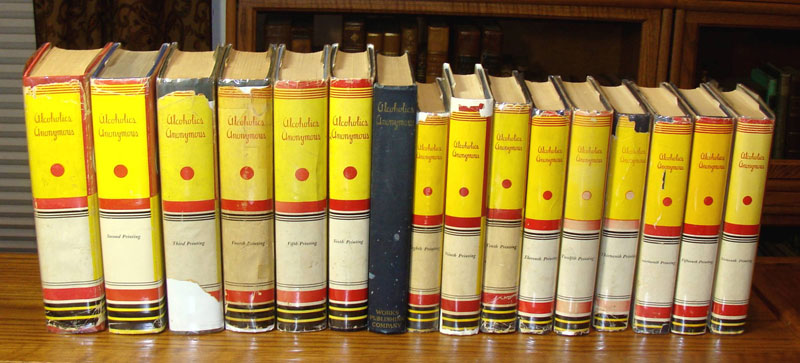Gratitude is the opposite of entitlement. I have heard in the rooms that expectations are premeditated resentments.
One thing that can make me dissatisfied often if I allow it to creep into my life is an attitude of entitlement. Entitlement is a feeling of being deserving of certain things. My entitlement issues could spring forth in any area of life really. Maybe I feel I deserve romance, sex, Love, cars, boats, money, decent family, certain behaviors out of others, even good health. But what am I really entitled to? More precisely, upon which areas of my life shall I invest my deep feelings of entitlement? Best answer: None.
Naturally we are completely valid in expecting many things. Things like getting paid for a job we are hired to do. Or, to be treated with respect and with loyal regard by those who are named as loved ones and friends. If we buy an item from the store, we expect it to do what is advertised. These are valid expectations that are natural to have. However, the fewer and more cautious our expectations the happier we will be. Hope is the spiritual replacement for expectations.
Assuming and expecting are pretty much the same thing. When we “assume” we expect without having all the facts we should but when we “expect” it’s supposed to be “based in” fact. Some situations are highly predictable and others are not. Some people and situations catch us totally off guard.
Firstly, we should expect human beings to act like humans
that way we won’t put too much stock (trust) where it is unwarranted. People will mess up repeatedly, intentionally and unintentionally including ourselves. Keeping an open mind especially were dating and commitments are concerned will save us from emotional crash and burn. If all we see in our potential life partner is the good, then we probably don’t know them well enough to marry them- yet. Granted there are exceptions to every rule but going into a relationship commitment with a well balanced view of who we are committing to is better than going into it with eyes half shut. Sometimes we want something so bad we white-wash it and then when the fairy tale phase is over…it all comes crumbling down. Addicts are famous for marrying prematurely.
Alcoholics and addicts tend to see things in an all or nothing, good or bad light sometimes. But truly good people do bad things and bad people do good things and even more appropriately,
human beings should not be labeled good or bad but rather just human. And humans have a good side and a bad side.
It’s important to understand and know ourselves in depth so we can know others. Working the 12 steps is one of the best ways to gain wisdom and understanding of ourselves.
As children of God we deserve good things. As recovering addicts, we can’t afford to plant our hearts in entitlement. And so- we cautiously hope for good things and when they don’t happen we keep our eye on the prize which is meeting our maker. And we stay grateful for that which we DO have.

